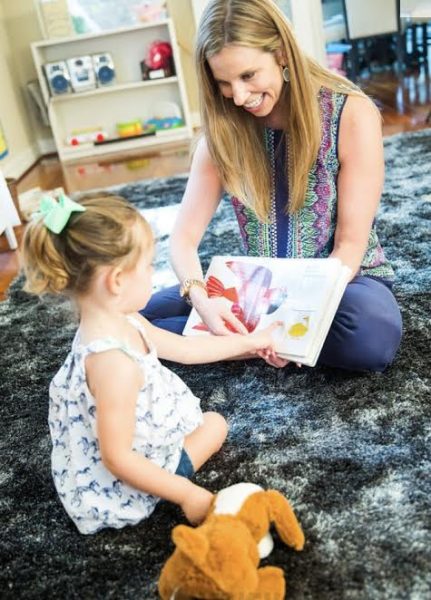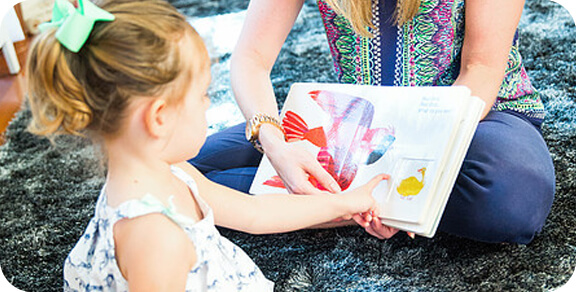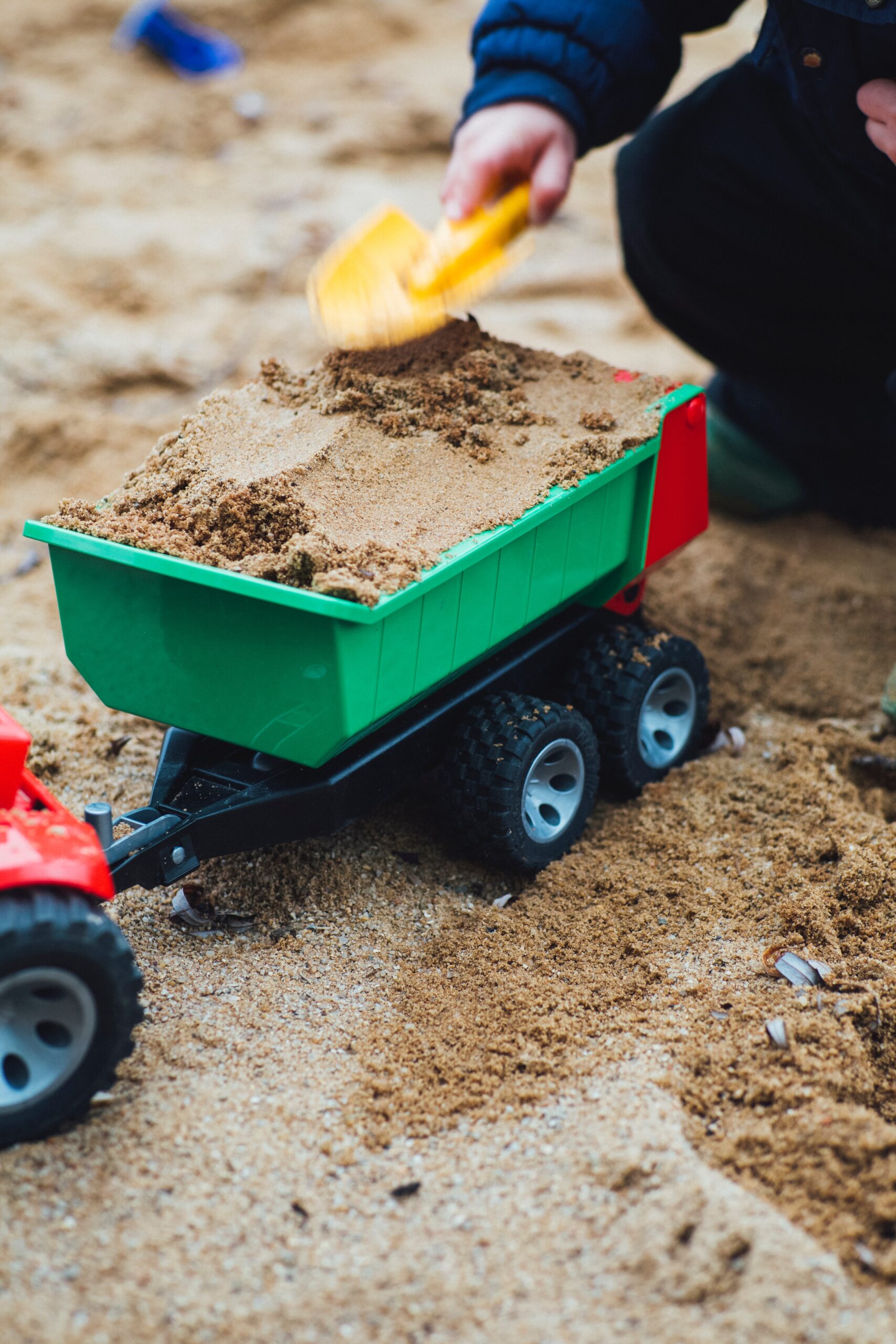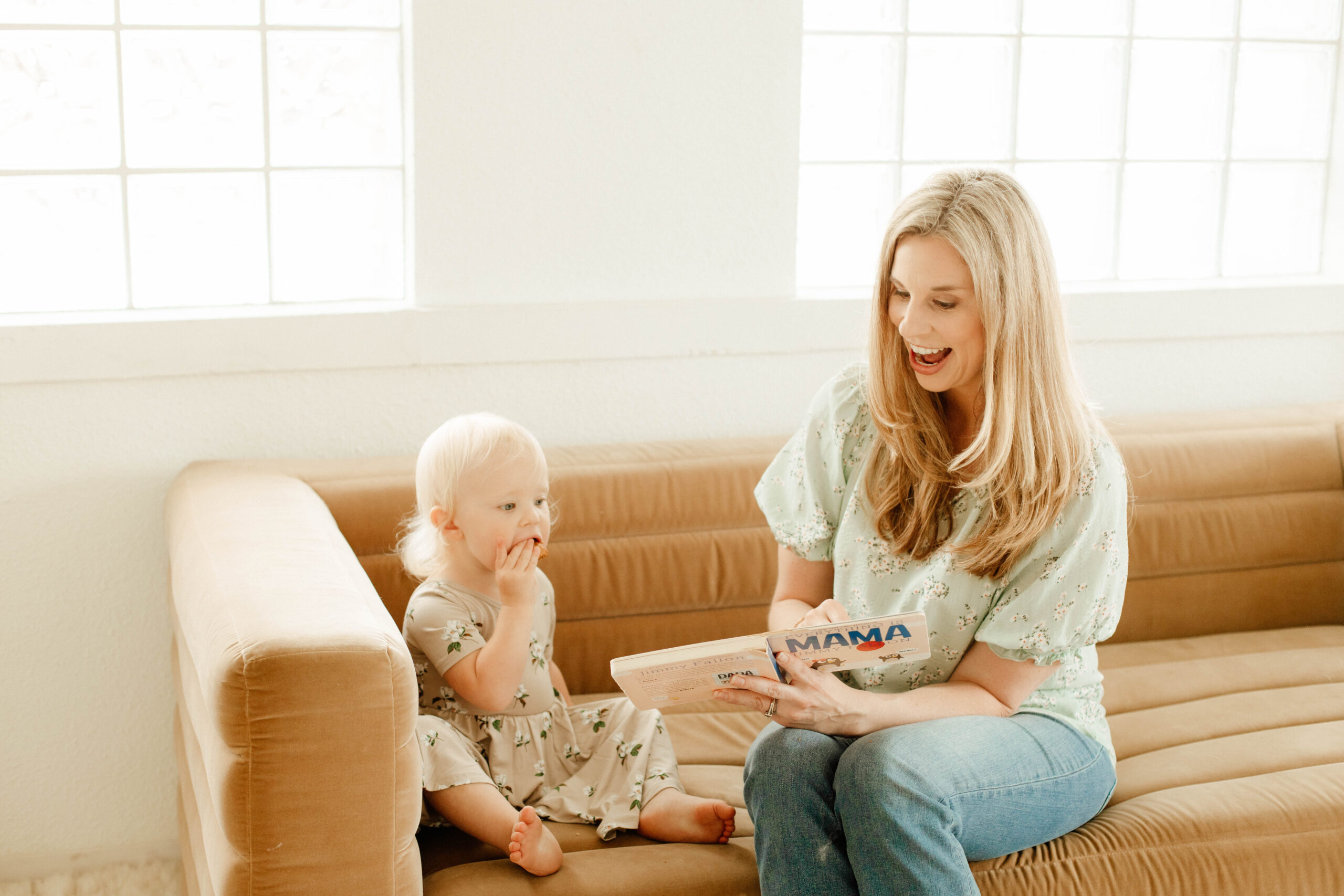
Reading out loud
Reading out loud is one of the best things you can do to encourage your child’s literacy skills, social skills, and language skills. By making the time to read, we show children the importance of reading and the magic that books hold. We can also help them cultivate interests that may potentially change their lives! Reading out loud and reading often give children the familiarity with language and print that will make reading easier. Most importantly, making time to read every day shows children that no matter how busy our lives get, there is always special time just for them.
Here are some tips for instilling a love of reading early in life:
1) Start early: According to children’s author and literacy expert Mem Fox, “The best time to start reading to a baby is the day it is born.” An incredible amount of brain development happens during the first three years. Children learn language through being spoken to and books provide wonderful opportunities for early conversations. Having regular conversations with your baby has been positively linked to IQ development (Fox 1988). The rhythm and rhyme of stories provides a strong foundation for early language learning. Children who are read to early acquire the skills to listen and attend to a story, an important skill for building self-regulation. Reading also provides a special time to bond and connect with your baby.
2) Play “reading games”: Young children don’t learn to read through drills and flashcards. Instead, they learn through engaging and meaningful interactions. Through relaxed and comfortable interactions (i.e. no pressure from flashcards), children can engage in spontaneous reading games that teach the skills necessary for reading. While driving, who can find more stop signs? Who can find letter “T” on a license plate? Refrigerator “alphabet letter” are great for helping children become familiar with letters. Can they spell their name with the letters? If not, simply offer your support and show them how.
When children reach preschool age, you can play games while reading. The following suggestions come from Mem Fox’s book, “Reading Magic.” After your child has read the story over and over and is very familiar with it, you can point out patterns in the story. For example, while reading “Goodnight Moon,” you can say, “It says goodnight on this page and this page. I wonder if it says it on the next page too?” After that, you can notice if all of the pages begin with an uppercase “G”. “Wondering” encourages your child to notice patterns in the print themselves. You can also take turns finding the letters your names begin with. Games like this should always be done in a fun and relaxed way without pressure to get it right. Provide your child support when they need it. This is how they will learn.
3) Make it a routine: Reading aloud can happen any time and anywhere. However, its also important to incorporate a “reading ritual” into your routine. Reading at bedtime is an especially important part of the day to connect with your little one. A reading routine at bedtime will also ensure that reading happens consistently and is not skipped over when life gets busy. To create a routine, make sure it happens at the same time, in the same place, with the same stuffed animals or pillows. According to anthropologist Margaret Mead, children not only appreciate the safety of a predictable life, they actually need regular routines to feel secure in the world (Fox, 1988).
4) Let them see you read: When your little one sees you read, it tells them that reading is important to your family. Seeing you read sends the message that books hold valuable and exciting information and that making time for reading is important. Although TV is not inherently bad, we cannot interact with our televisions. Television talks at us, not to us, and talking back is what language is all about (Fox, 1988). The more books that are in your home, the more opportunities children have to develop their preferences and cultivate their interests.
5) Read out loud and read often: Experts tell us that children need to hear 1,000 stories before they start reading. Aiming for just 10-15 minutes a day can help us reach that goal. Books provide rhythm, rhyme, and repetition that help build a strong foundation for early language. In fact, if children know eighty nursery rhymes by heart by the time they are four, they are usually among the best readers (Fox, 1988). A good reader does more than decode the text. They make smart guesses about the words, patterns, and plots that will occur (Fox, 1988). For this reason, the more language children have when they begin reading, the easier it will be. Reading aloud to your little one will help build a strong foundation for language. Let them see the words while you read so they can see the same words spelled the same way, the same punctuation, the same capitalization, etc. each time. This familiarity with print will make reading easier. Repetitive stories like “Brown Bear, Brown Bear, What do you See?” allow your child to participate in reading. This teaches them the patterns of language and builds their confidence as a reader. Even babies can start to learn important pre-literacy skills such as which way to hold the book and how to turn the page.
Fox, M. (2008). Reading magic: why reading aloud to our children will change their lives forever. New York: Harcourt.
 Brooke Andrews, M.A CCC-SLP is the owner of The Speech Dynamic, PLLC, a boutique private practice in Houston, TX. She specializes in social communication, language delays, and play-based learning. Brooke is the co-creator of “Wiggle-Time” and has presented at various conferences. She shares her expertise in her workshops for parents and teachers.
Brooke Andrews, M.A CCC-SLP is the owner of The Speech Dynamic, PLLC, a boutique private practice in Houston, TX. She specializes in social communication, language delays, and play-based learning. Brooke is the co-creator of “Wiggle-Time” and has presented at various conferences. She shares her expertise in her workshops for parents and teachers.






